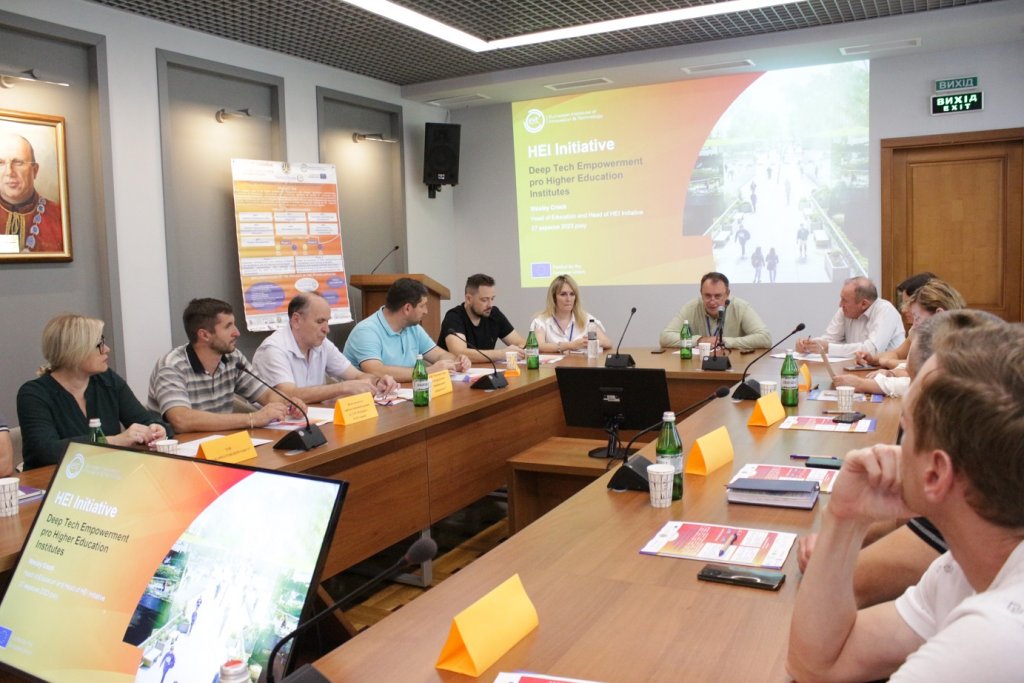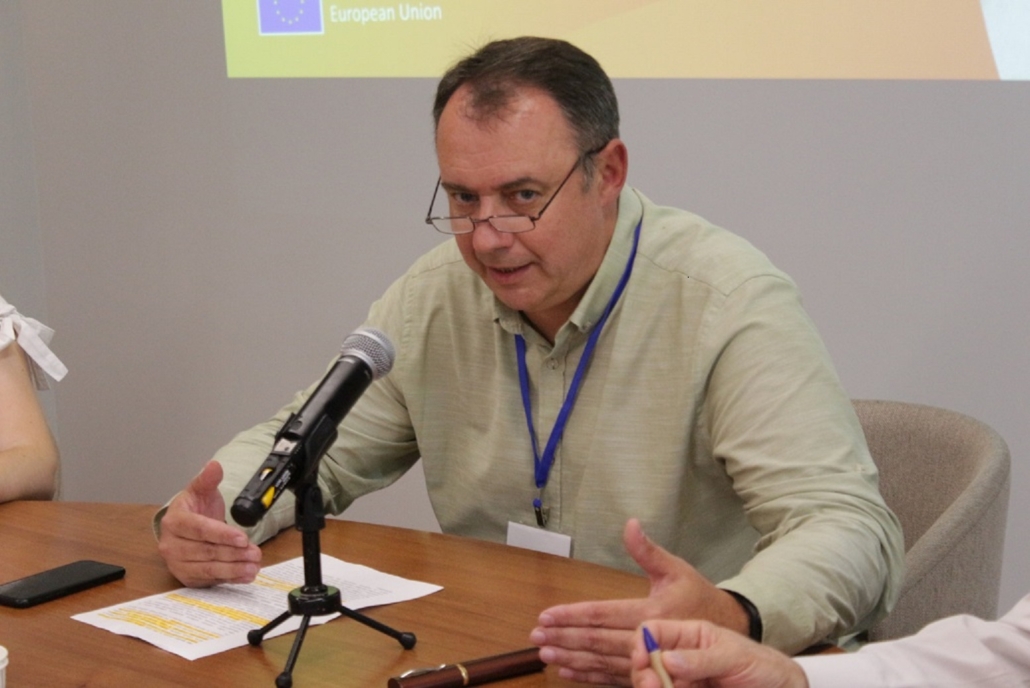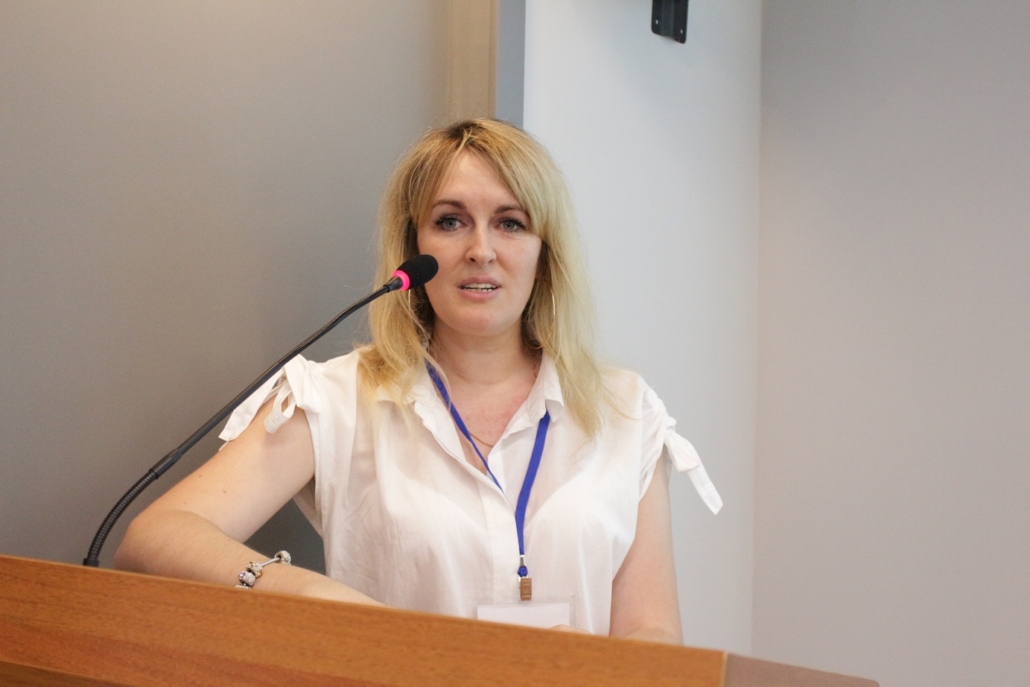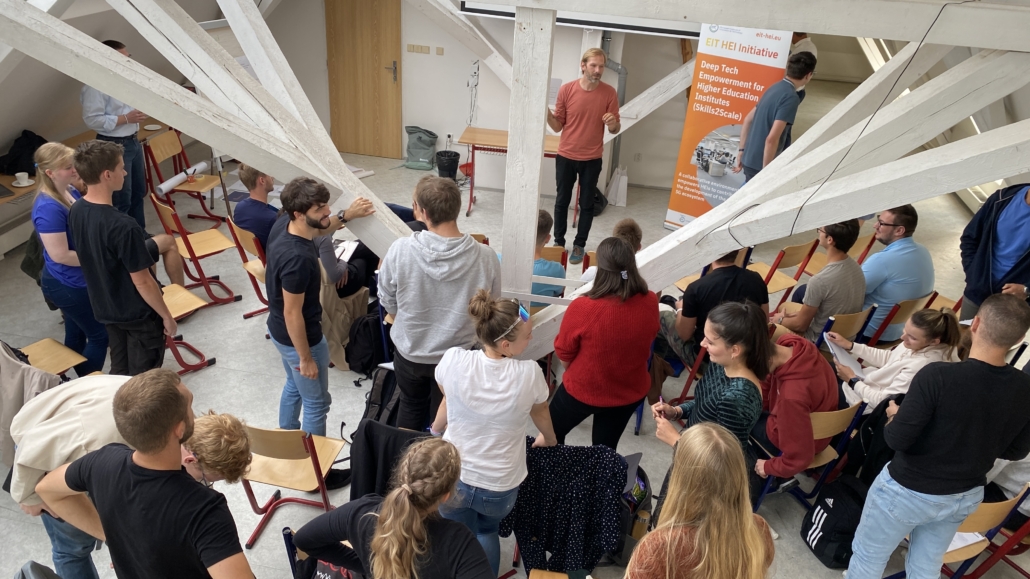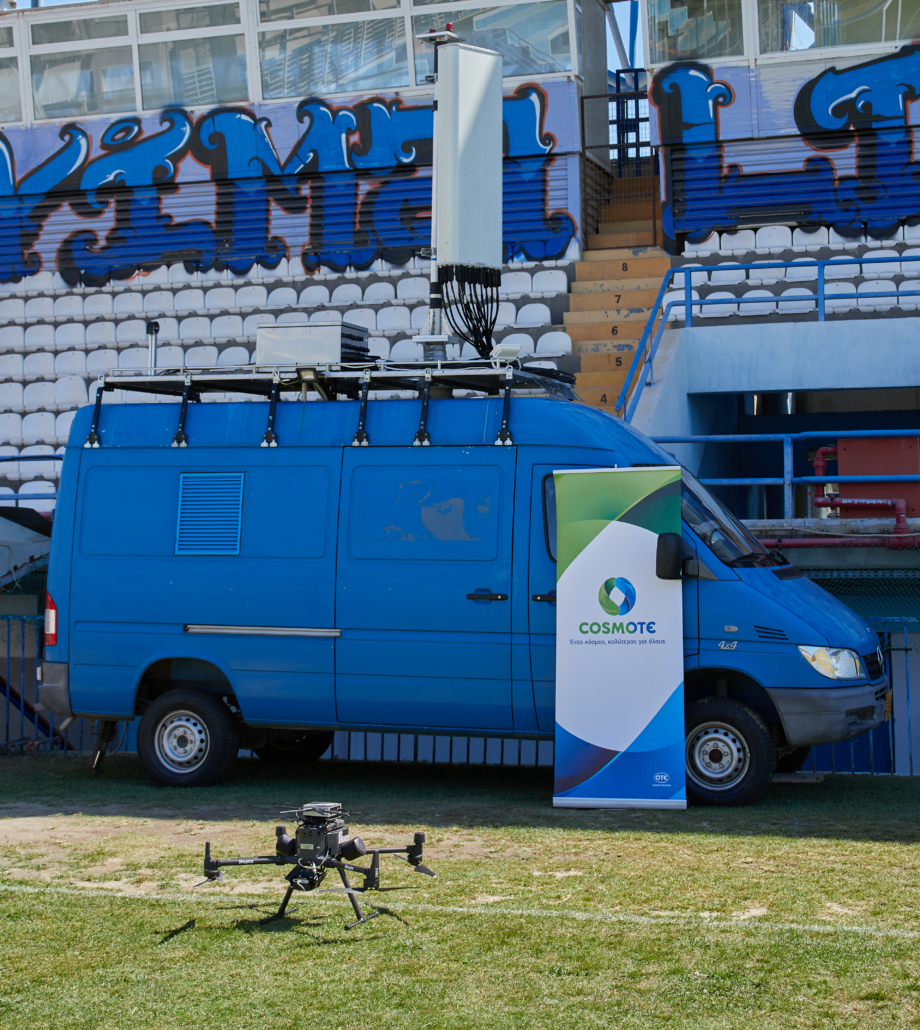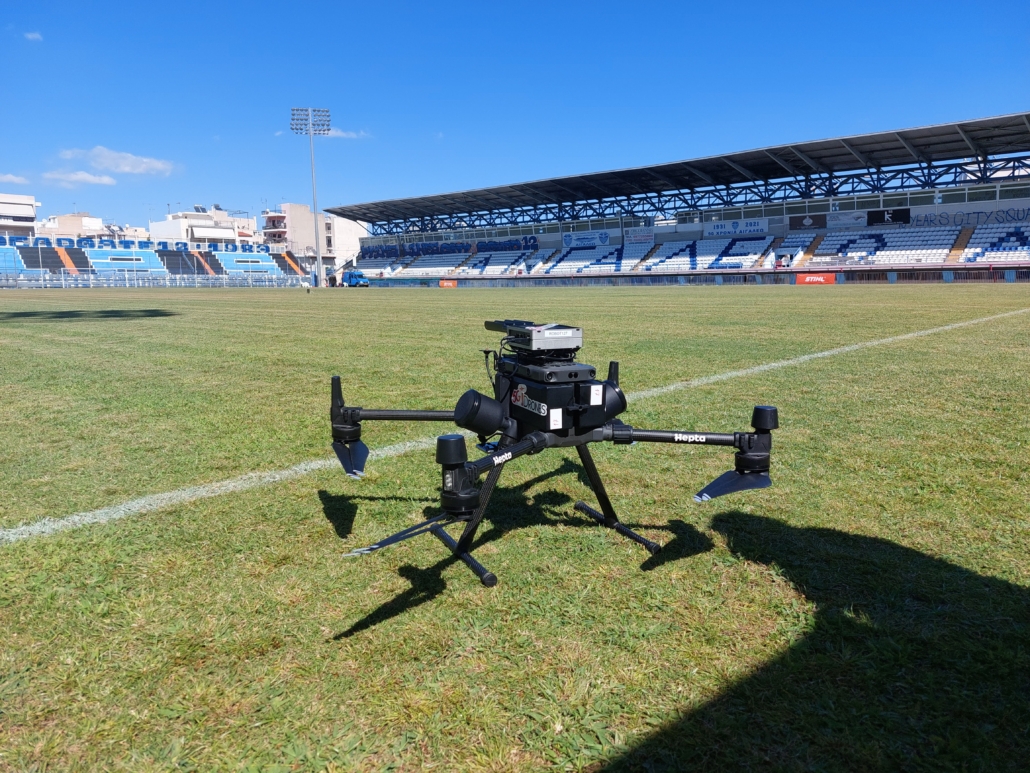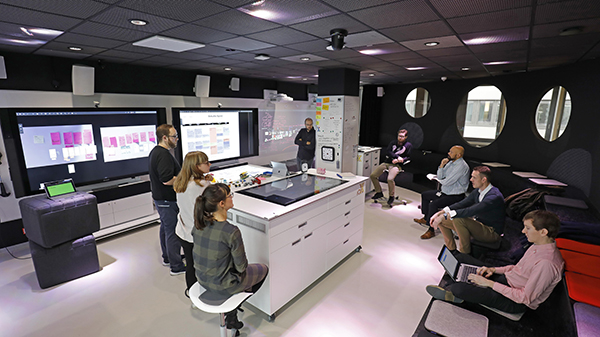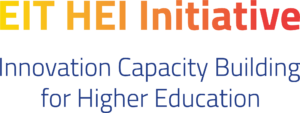5G Interdisciplinary Innovation Lab bringing together students of technology, natural sciences and economics
Authors: Jana Vitvarova, Lenka Koskova Triskova (Technical University in Liberec)
5G Interdisciplinary Innovation Lab (5GIIL) fosters collaboration among students across diverse fields including economics, technical disciplines, and application domains with a strong emphasize in eHealth. These students come together in teams to collectively create and prepare market-driven solutions that embrace innovation in the 5G and beyond. This best practice draws inspiration from hackathons. However, unlike hackathons, the activities take place over a longer period of time so that students have more time to think about the solution, and it is possible to integrate 5GIIL for eHealth into their regular courses.
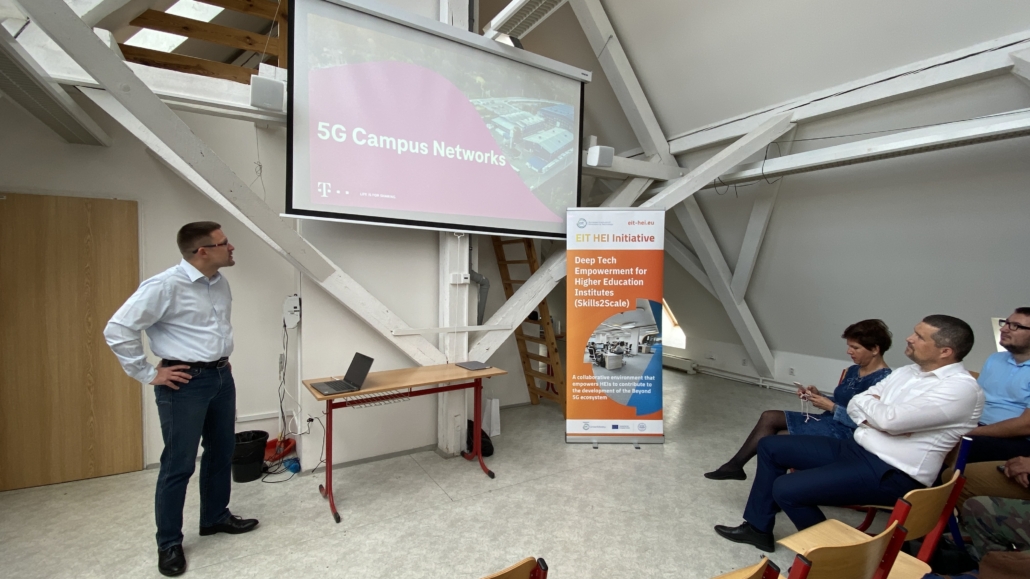

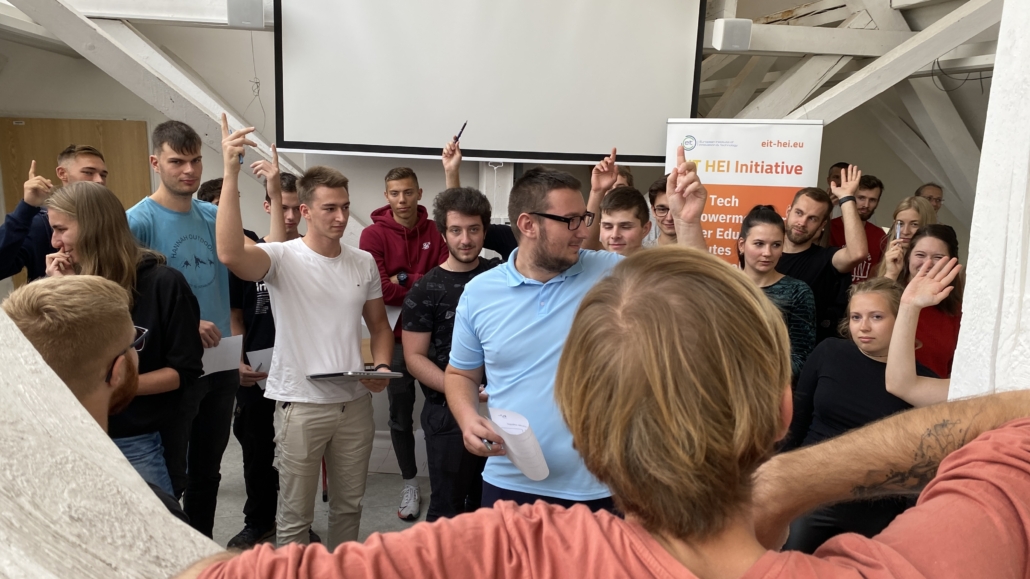
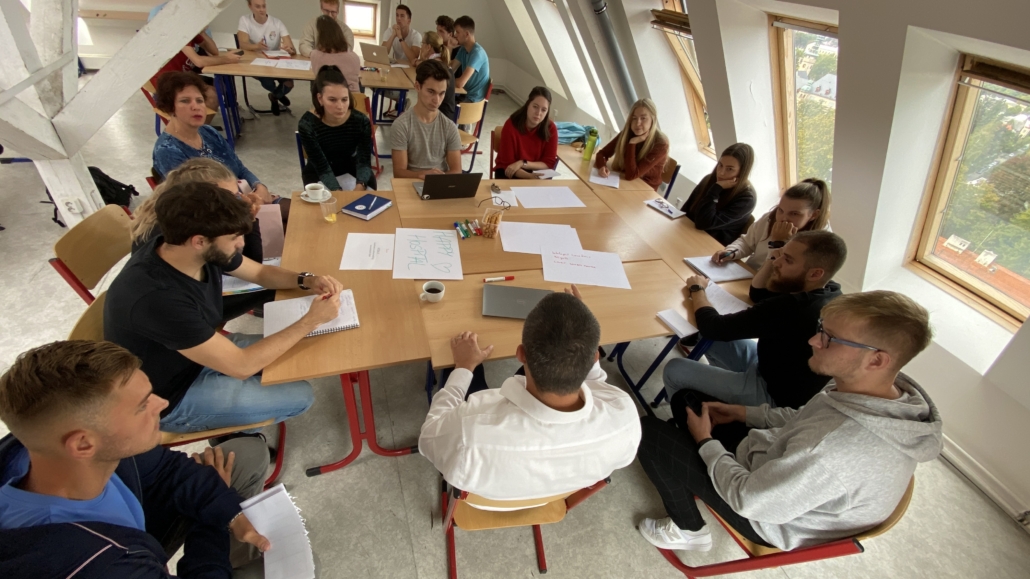
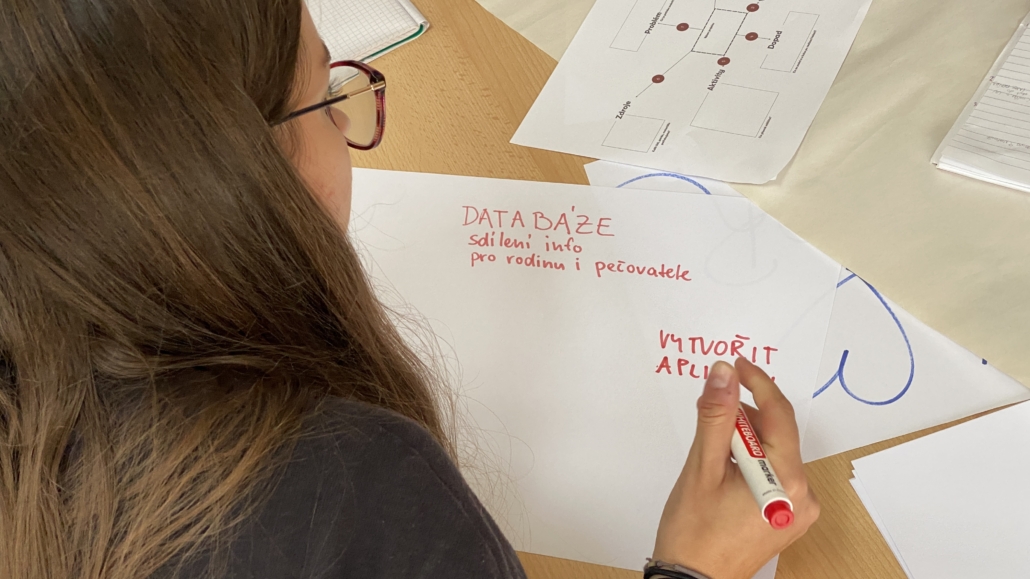
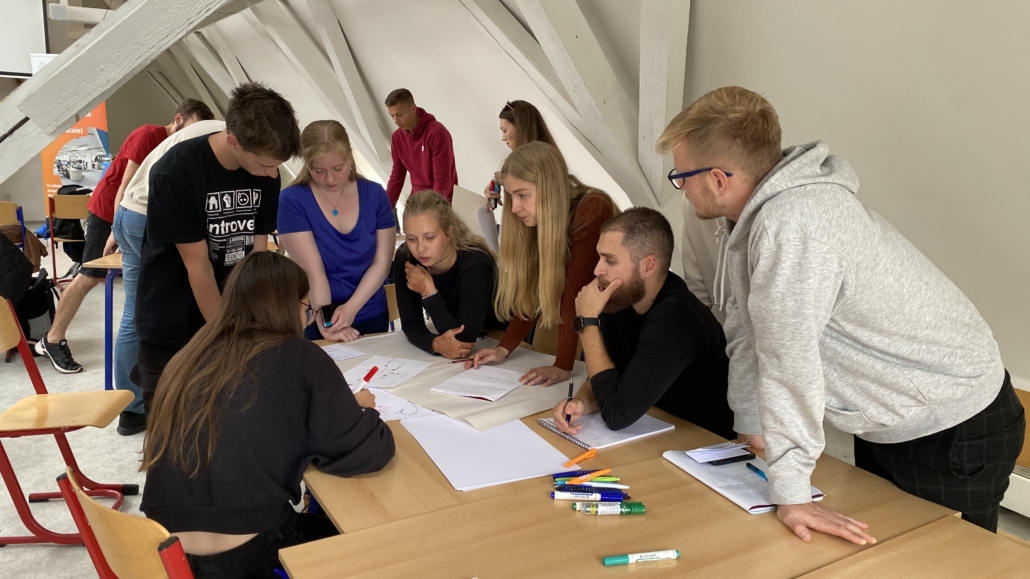
In the preparation phase, once suitable courses and students from different disciplines have been selected, there are two main activities:
a) obtain application domain specific challenges from stakeholders from the eHealth sector,
b) form a team of expert mentors from both academia and industry/business who possess the necessary expertise to guide students across all three aspects of their work: domain knowledge, technical skills, and economic and entrepreneurial understanding.
In the realisation phase, the 5GIIL for eHealth follows the steps below. The activities alternate between instructor-led workshops providing the necessary context for the current step and subsequent independent teamwork. Teams maintain regular contact with mentors and can consult with them about their work at each step.
These steps are
1st Challenges. Presentation of challenges to students and facilitation of teams’ formations. Teams assignment: Choose a challenge and form a multidisciplinary team.
2nd Ideation. Workshop on ideation techniques. Teams assignment: Suggest possible solutions.
3rd Prototyping. Workshop on prototyping methods. Team assignment: Develop a prototype solution.
4th Validation. Workshop on validation methods. Teams assignment: Validate the proposed solution.
5th Pitch (to investors). Workshop on how to make a pitch. Teams assignment: Make the best pitch.
6th Retrospective/Feedback. Workshop on retrospective methods. Teams assignment: Make the retrospective and get feedback on your work/pitch.
The 5GIIL for eHealth is meant to be an integral part of specific student’s courses, so it is advisable to reward students for participating in the lab by earning part of the credits from their course. Working in the 5GIIL for eHealth, students develop entrepreneurial and project management skills and strengthen interdisciplinary links that are otherwise difficult to acquire during their studies. They learn by sharing their knowledge. Engineering students bring knowledge of technology, development and production methods. Domain students bring knowledge of the details and needs of the eHealth industry. Economics students bring knowledge of business and marketing principles. Project-based approach, real-life challenges and expert mentorship allow students to work directly with the eHealth industry, gain practical experience and think about the impact their work can have in real-world contexts.

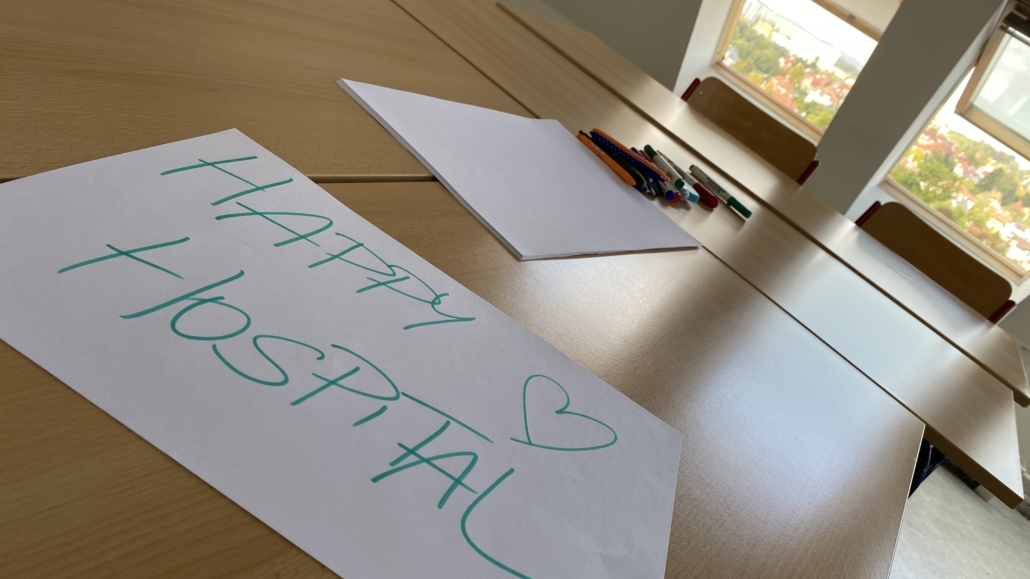
The application of 5G may catalyse the convergence of other modern technologies like AI, IoT, blockchain, virtual reality, and edge computing. By integrating these technologies with 5G, innovators can create ground-breaking solutions with enhanced capabilities and transformative potential.
The pilot 5GIIL for 5G/Digital Health took place in 2023 at the Technical University of Liberec with the support of the EIT HEI Initiative and the Skills2Scale project.

